Imagine an offer you can’t refuse. No gun pointed to your head, but just plain old capitalism. A solution to a so-called insurmountable problem is in your grasp, little or no strings attached, no, this is not a deal with the devil, but a viable way out of a quagmire that you put yourself in and you refuse to sign on. Questions would arise why you walked away from the deal of the century. But we know the answers; you didn’t sign on for political reasons. And that is what got you into the mess in the first place. YOU ARE THE EQUIVALENT OF A LEECH. YOU ARE A BLOOD SUCKER, YOU ALWAYS HAVE BEEN AND YOU WILL NEVER BE ANYTHING ELSE. YOU ARE PUERTO RICO.
A solution to a so-called insurmountable problem is in your grasp, little or no strings attached, no, this is not a deal with the devil, but a viable way out of a quagmire that you put yourself in and you refuse to sign on. Questions would arise why you walked away from the deal of the century. But we know the answers; you didn’t sign on for political reasons. And that is what got you into the mess in the first place. YOU ARE THE EQUIVALENT OF A LEECH. YOU ARE A BLOOD SUCKER, YOU ALWAYS HAVE BEEN AND YOU WILL NEVER BE ANYTHING ELSE. YOU ARE PUERTO RICO.
A backdrop: Puerto Rico began defaulting on its debts two years ago, seeking to avoid Draconian budget cuts officials said would deal another blow to an already shrinking economy. With nearly half of its 3.4 million residents living in poverty, the government sought protection from creditors in May.
The details to the agreement you refused provide insight on your thinking. And what was that proposal? PREPA, the power company that once was, is bankrupt – kaput; they have brought this on themselves, this was suicide by default; no, Hurricane Maria did not pour more water on their parade – they were drowning in their own debt, plus years of mismanagement brought them to the abyss.
Last year Puerto Rico suffered a large-scale blackout that cut power to half the island’s residents. A major power plant caught fire, damaging two large transmission sites. Prepa’s power infrastructure is dangerously out of date, reliant on dirty and inefficient oil generators for 45 percent of its energy production, compared with a 4 percent national average. Yet Puerto Rican energy costs are high, with residents paying more for electricity than Americans in any state except Hawaii. High prices and bad service are just two reasons why Puerto Rico has been losing jobs and people for a decade.
Investors did not examine Prepa’s finances before helping it go broke, though performing due diligence would have been easy: in 2013, the last year that it issued long-term bonds, Prepa warned investors in writing that it had lost money for four years in a row. “These losses reflect the continuation of a historical trend of net losses,” it added, noting that the amount it owed—then $10.8 billion—exceeded its assets by nearly $1 billion. “If this trend were to continue, the Authority’s ability to fund its operations and finance its capital program”—that is, investments in better power assets—“could be negatively impacted,” it warned potential lenders.
Because bondholders let Prepa stay in business for so long while deferring maintenance, the power company needed $4.7 billion in infrastructure upgrades even before Maria hit. To its credit, it had finally begun to explore how to be more efficient. Yet bondholders clung to the fiction that the company could repay much of its debt. To avert bankruptcy, bondholders had already agreed to 15 percent losses on the money Prepa owed; they also granted the company a debt-payment extension. It wasn’t enough.
After Maria’s emergency phase passes, Prepa must rebuild its permanent assets. Because the company was under-insured—it self-insured its distribution and transmission assets, with only $90 million set aside for that purpose—Washington will likely provide much of the money to do that. The feds should work with Puerto Rico to ensure that Prepa rebuilds effectively, especially through partnerships with successful power companies from the U.S. mainland.
Along with Puerto Rico itself, Prepa was already on the verge of bankruptcy. And in July, the power authority filed for insolvency under the custom-tailored bankruptcy law that President Obama signed last year. The company reported $11.4 billion in debt, including $8 billion in long-term bonds. Much of this debt is held by investors from the U.S. mainland, lured by tax-exempt investing incentives.
Maria did one thing right, it exposed the vulnerability of Puerto Rico and laid bare the leeches that make up the majority of its populace. Maria did a superb job of getting this latter point across. Congress created a new board to oversee the restructuring of Puerto Rico itself, Promesea; the new kid on the block, a stalwart with a socialist mentality, with a mindset to screw the existing bondholders of Puerto Rico and the debt holders of PREPA. In other words they were set up to rule and set rules and break contracts and violate the Constitution. They were the law West of the Pecos.
Remember, Puerto Rico laready turned down an offer to good to refuse. 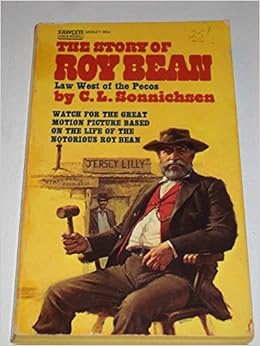 Prepa bondholders offered to exchange $1 billion in debt for $850 million and $1 billion in new cash. REJECTED out of hand. Governor Rossello, the political lackey to say the least, has more excuses for failure than the opioids filling the veins of its citizens.
Prepa bondholders offered to exchange $1 billion in debt for $850 million and $1 billion in new cash. REJECTED out of hand. Governor Rossello, the political lackey to say the least, has more excuses for failure than the opioids filling the veins of its citizens.
In the power struggle, no pun intended, between Governor Rossello and Promesea, the governor has won so far. Bonuses are being paid for Christmas, no layoffs, no restructuring. The bottom line here is clear as the waters off the coast of Puerto Rico once were, Puerto Rico is run by a dictator welfare socialist governor who will not accept private capital but wants the Feds to hand over $94,000,000,000 (billion) to him so he can do with it what he pleases.
TELL YOUR CONGRESSMAN AND SENATOR THAT PUERTO RICO IS A THE MOTHER OF ALL LEECHES AND THEY CAN GO STRAIGHT TO PURGATORY!





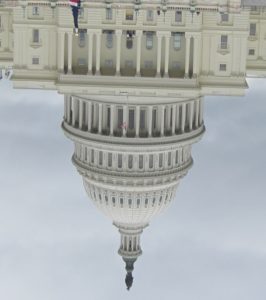

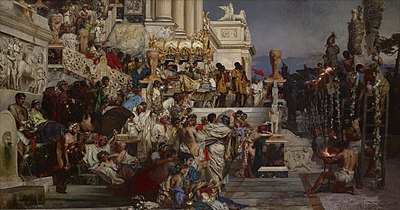

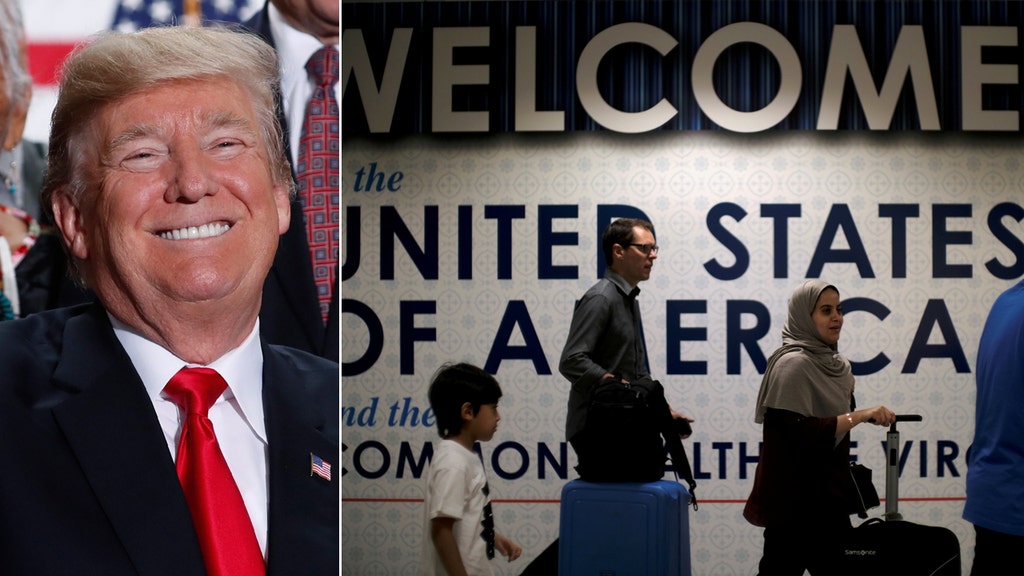
 It was not to be this way but unintended consequences always follow major breakthroughs no matter what the advance planning. The opening of China happened after a visit to China by then President Nixon in 1972. This was to be a grand gesture of peace, a “glasnost” of sorts. However, it never occurred to America that this visit would bring a tidal wave of Chinese imported goods to America. Rather than we selling China our goods (that was a mission consideration), the Chinese turned the tables on what was to be the greatest theft of American trade secrets, engineering know-how and manufacturing bravado.
It was not to be this way but unintended consequences always follow major breakthroughs no matter what the advance planning. The opening of China happened after a visit to China by then President Nixon in 1972. This was to be a grand gesture of peace, a “glasnost” of sorts. However, it never occurred to America that this visit would bring a tidal wave of Chinese imported goods to America. Rather than we selling China our goods (that was a mission consideration), the Chinese turned the tables on what was to be the greatest theft of American trade secrets, engineering know-how and manufacturing bravado. 

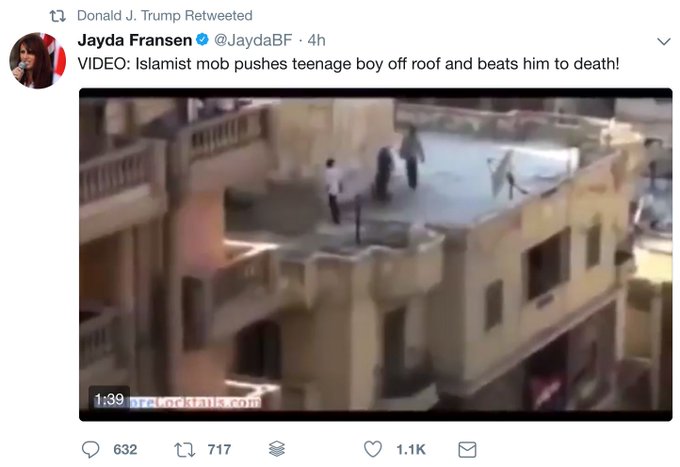

 A solution to a so-called insurmountable problem is in your grasp, little or no strings attached, no, this is not a deal with the devil, but a viable way out of a quagmire that you put yourself in and you refuse to sign on. Questions would arise why you walked away from the deal of the century. But we know the answers; you didn’t sign on for political reasons. And that is what got you into the mess in the first place.
A solution to a so-called insurmountable problem is in your grasp, little or no strings attached, no, this is not a deal with the devil, but a viable way out of a quagmire that you put yourself in and you refuse to sign on. Questions would arise why you walked away from the deal of the century. But we know the answers; you didn’t sign on for political reasons. And that is what got you into the mess in the first place.  Prepa bondholders offered to exchange $1 billion in debt for $850 million and $1 billion in new cash. REJECTED out of hand. Governor Rossello, the political lackey to say the least, has more excuses for failure than the opioids filling the veins of its citizens.
Prepa bondholders offered to exchange $1 billion in debt for $850 million and $1 billion in new cash. REJECTED out of hand. Governor Rossello, the political lackey to say the least, has more excuses for failure than the opioids filling the veins of its citizens.